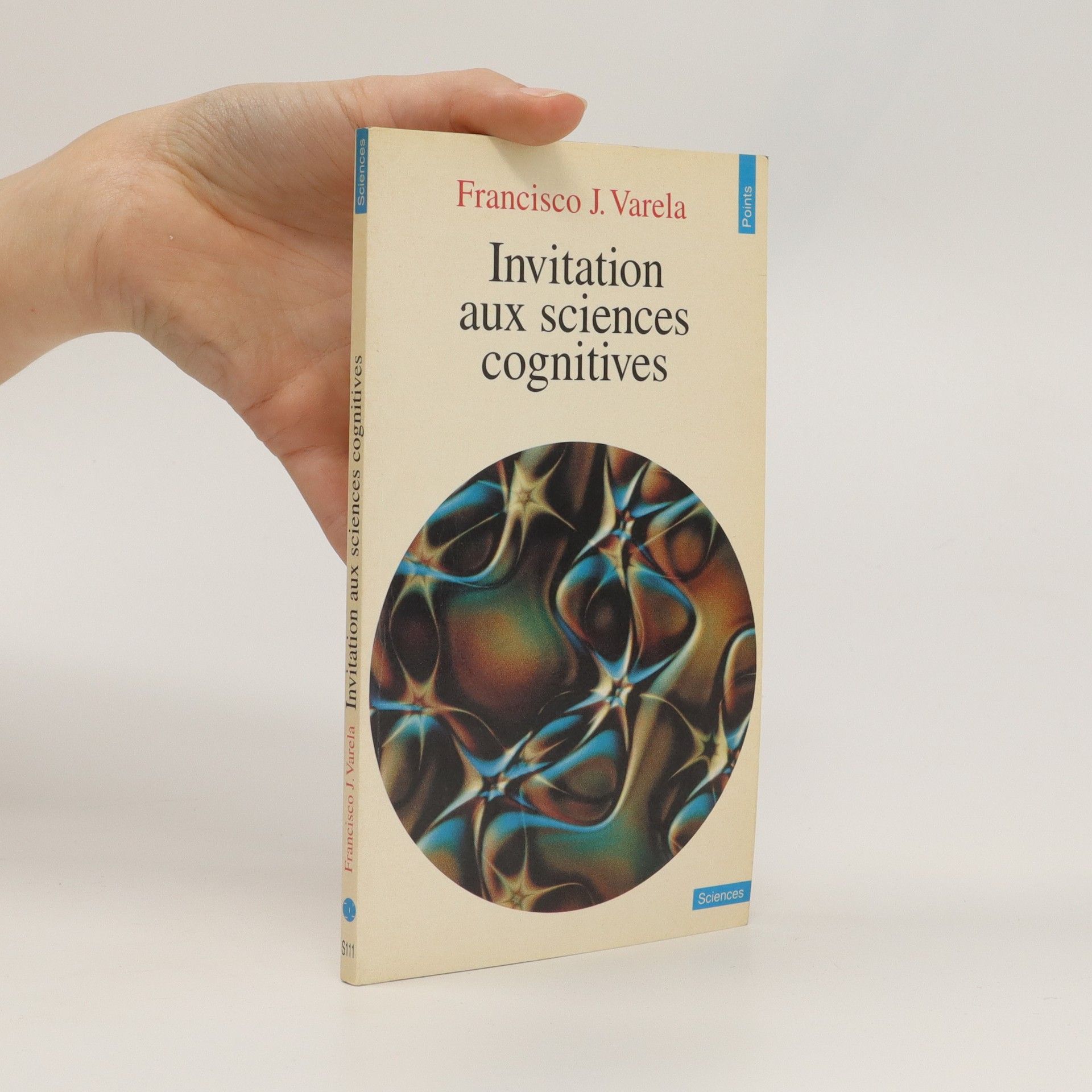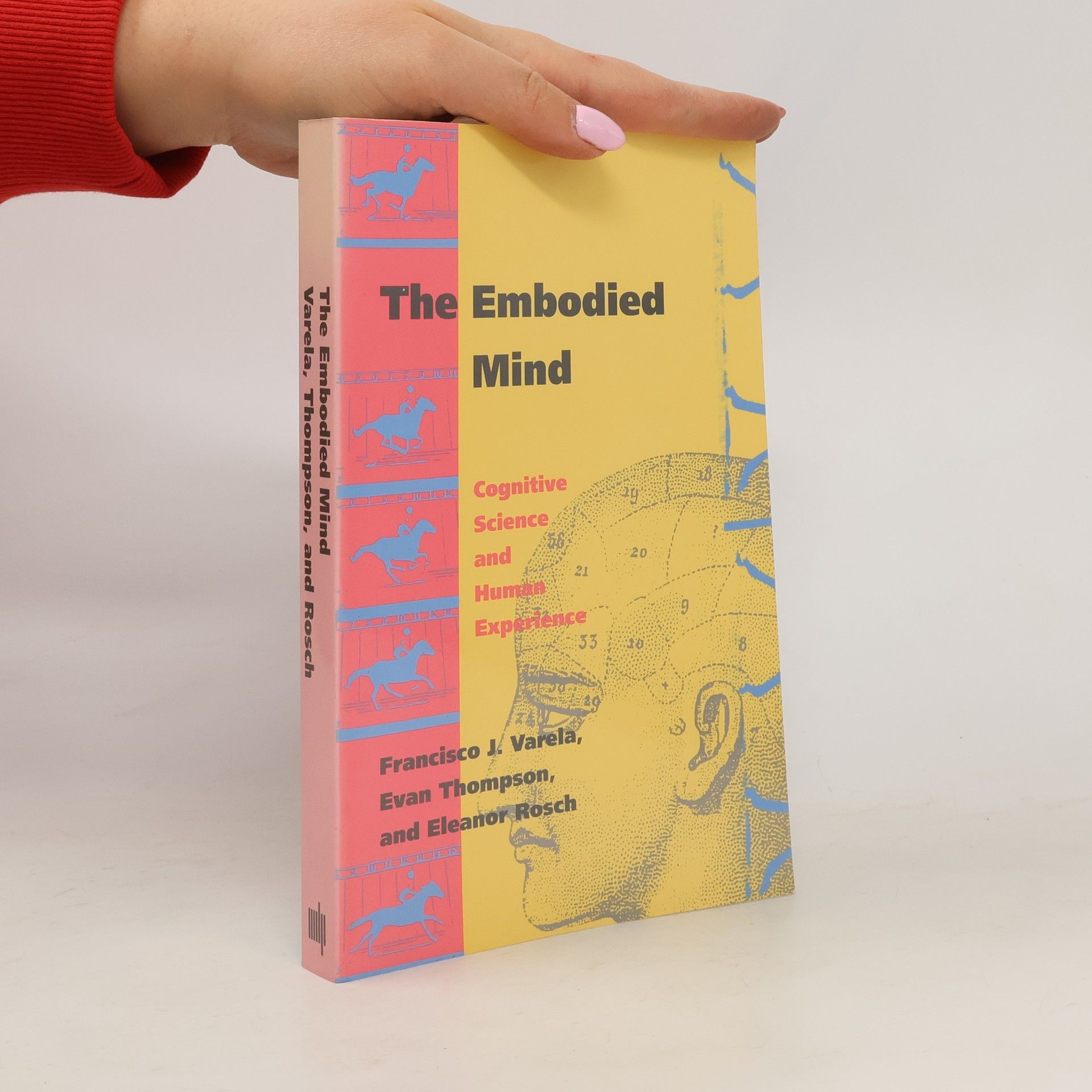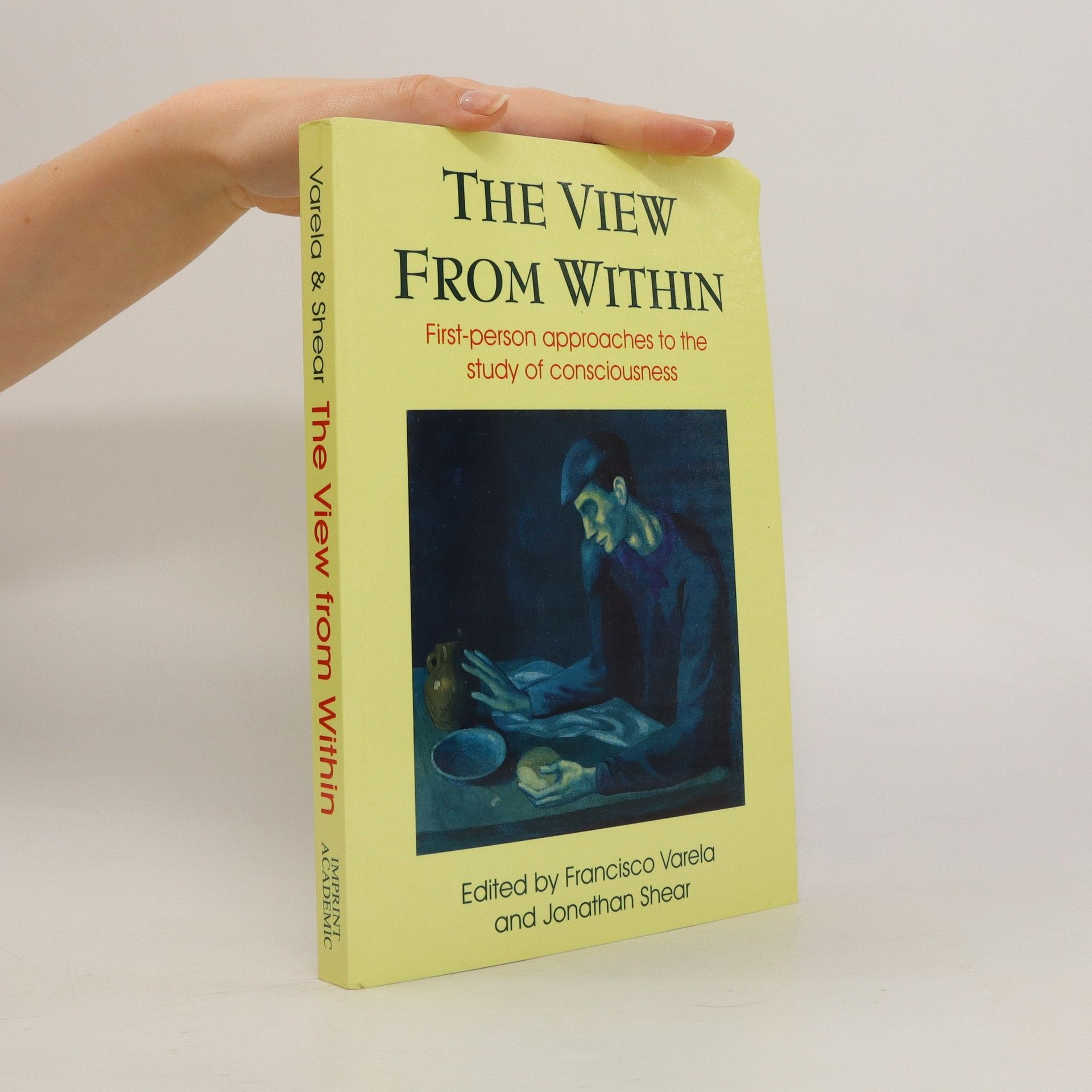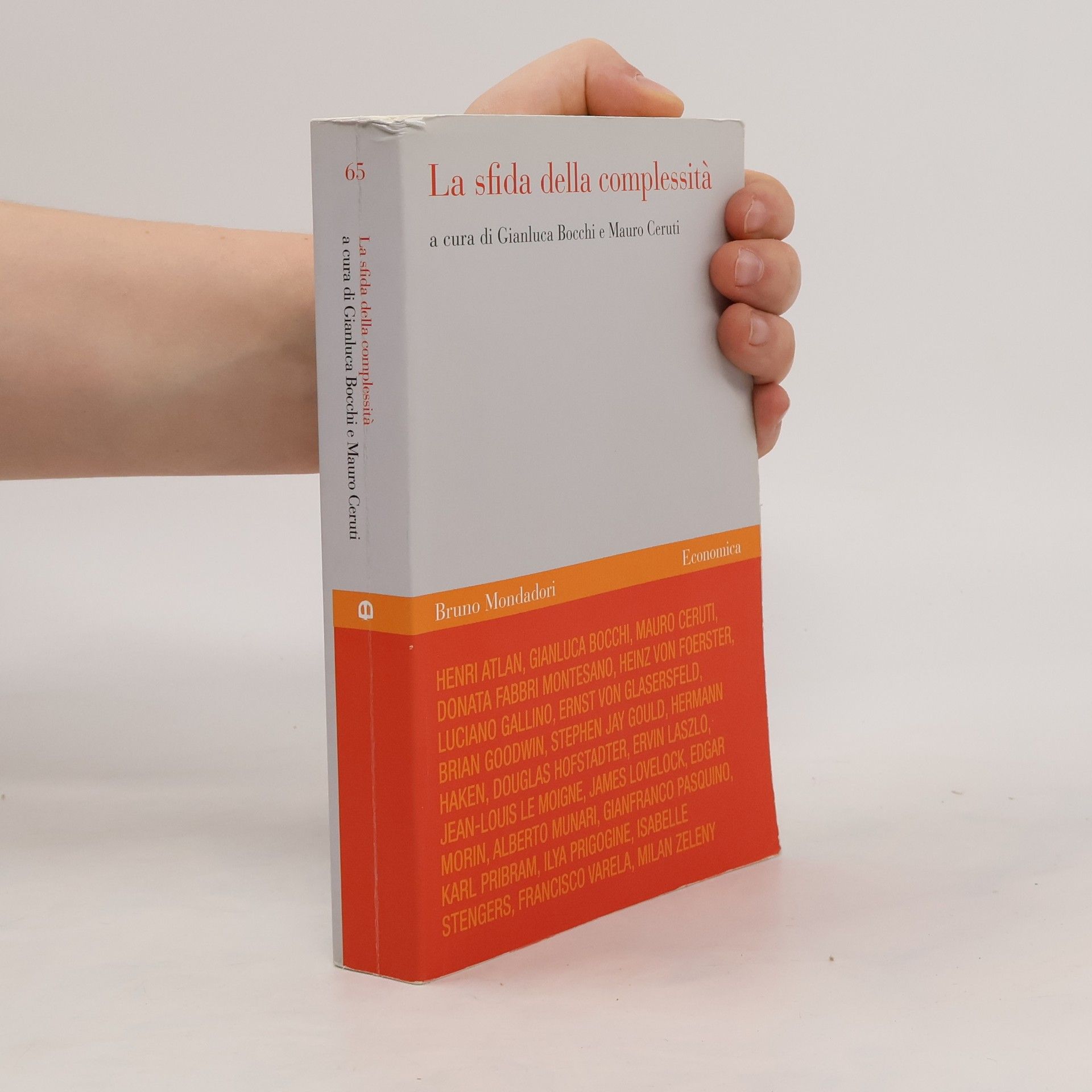Dormir, soñar y morir
Una exploración de la consciencia con el Dalai Lama
- 346 pages
- 13 hours of reading
El presente libro es el relato de un dialogo historico entre importantes cientificos occidentales y el Dalai Lama de Tibet acerca del dormir, de los suenos y de la muerte: los tres momentos clave de la consciencia que el internacionalmente reconocido neurocientifico Francisco Varela denomino las /""zonas de sombra del ego/"". En este dialogo participaron, entre otros, relevantes personajes como el filosofo Charles Taylor, la psicoanalista Joyce McDougall, la psicologa Jayne Gackenbach, la ecologista Joan Halifax o el neurocientifico Jerome Engel. Ya traten acerca de los suenos lucidos, de las experiencias cercanas a la muerte o de la estructura misma de la consciencia, los participantes de este intercambio unico sorprenden y deleitan de manera absorbente por medio del contraste entre sus respectivas tradiciones. Es este el producto de un intercambio unico (tras una semana de exploracion del ambito de la consciencia) entre el Dalai Lama y unos pocos de sus colegas de la tradicion tibetana, junto con representantes de la ciencia y el humanismo occidentales.










